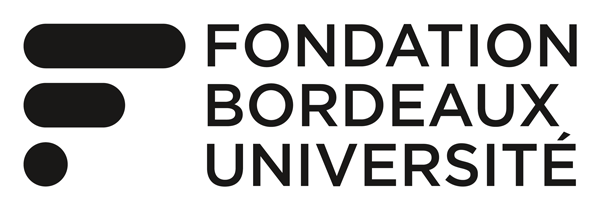Abstract
BACKGROUND:
Among patients with rectal cancer, 5-10% have a primary rectal cancer beyond the total mesorectal excision plane (PRC-bTME) and 10% recur locally following primary surgery (LRRC). In both cases, patients ‘care remains challenging with a significant worldwide variation in practice regarding overall management and criteria for operative intervention. These variations in practice can be explained by structural and organizational differences, as well as cultural dissimilarities. However, surgical resection of PRC-bTME and LRRC provides the best chance of long-term survival after complete resection (R0). With regards to the organization of the healthcare system and the operative criteria for these patients, France and Australia seem to be highly different. A benchmarking-type analysis between French and Australian clinical practice, with regards to the care and management of PRC-bTME and LRRC, would allow understanding of patients’ care and management structures as well as individual and collective mechanisms of operative decision-making in order to ensure equitable practice and improve survival for these patients.
METHODS/DESIGN:
The current study is an international Benchmarking trial comparing two cohorts of 120 consecutive patients with non-metastatic PRC-bTME and LRRC. Patients with curative and palliative treatment intent are included. The study design has three main parts: (1) French and Australian cohorts including clinical, radiological and surgical data, quality of life (MOS SF36, FACT-C) and distress level (Distress thermometer) at the inclusion, 6 and 12 months; (2) experimental analyses consisting of a blinded inter-country reading of pelvic MRI to assess operatory decisions; (3) qualitative analyses based on MDT meeting observation, semi-structured interviews and focus groups of health professional attendees and conducted by a research psychologist in both countries using the same guides. The primary endpoint will be the clinical resection rate. Secondary end points will be concordance rate between French and Australian operative decisions based on the inter-country reading MRI, post-operative mortality and morbidity rates, oncological outcomes based on resection status and one-year overall and disease-free survival, patients’ quality of life and distress level. Qualitative analysis will compare obstacles and facilitators of operative decision-making between both countries.
DISCUSSION:
Benchmarking can be defined as a comparison and learning process which will allow, in the context of PRC-bTME and LRRC, to understand and to share the whole process management of these patientsbetween Farnce and Australia.
TRIAL REGISTRATION:
NCT02551471 . (date of registration: 09/14/2015).
KEYWORDS:
Benchmarking study; Clinical pathway; Locally recurrent rectal cancer (LRRC); Operative decision-making; Primary rectal cancer beyond total mesorectal excision plane (PRC-bTME)
